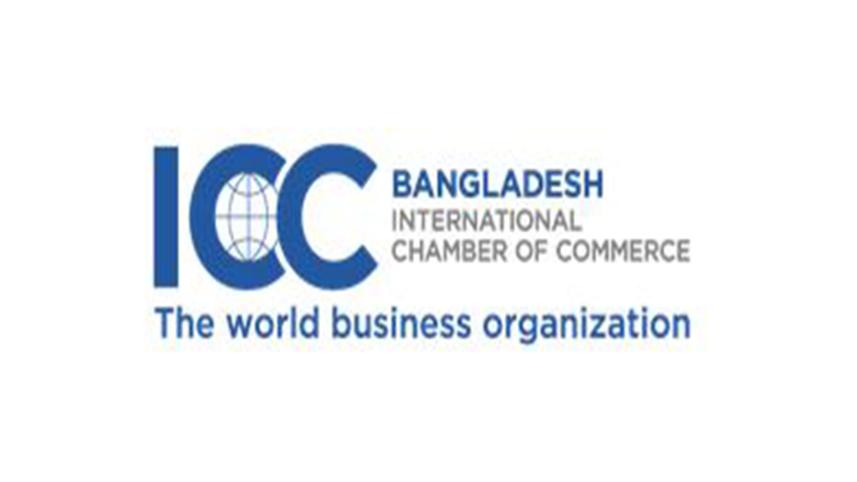ICCB against hard loans, luxury imports

ICC Bangladesh (ICCB) strongly endorsed the finance ministry's recent recommendation to avoid hard loans and discourage the import of luxury goods in order to reduce the pressure on declining foreign exchange reserves.
The leading chamber also endorsed the recent austerity and regulatory measures taken by the government and Bangladesh Bank aimed at curbing non-essential imports, suspending the implementation of projects with high import components.
"We believe this will send a positive signal to the market and the economy as well as curb inflation," said ICCB President Mahbubur Rahman.
He was speaking while presenting the ICCB Executive Board Report at its 27th annual council in Dhaka yesterday.
ICCB also supports the demand of the businesses not to increase power and gas rates, fuel prices as well as reduce the corporate rate taxes in the upcoming budget as these will be helpful in containing inflation, the ICCB president said.
The report mentioned that over the last two years, the pandemic has played a major role in shaping the global economy. Many sectors have found themselves in difficulty and are still struggling and the countries dependent on those sectors are now quietly trying to get back up again.
Despite the strong economic recovery in 2021, the financial difficulties are not over and may still cause economic slowdown, according to the chamber.
In addition, many countries are faced with an increasing debt burden, high inflation and burning issue of the moment, geopolitical tensions, which all play a major role, it said.
The global economy is poised to be sent on yet another unpredictable course by the Russia-Ukraine war. This war is a major humanitarian crisis affecting millions of people and a severe economic shock of uncertain duration and magnitude.
The magnitude of the economic impact of the war is highly uncertain and will depend in part on the duration of the war and the policy responses, but it is clear that the war will result in a substantial near-term drag on global growth and significantly stronger inflationary pressures, the report added.



 For all latest news, follow The Daily Star's Google News channel.
For all latest news, follow The Daily Star's Google News channel.
Comments